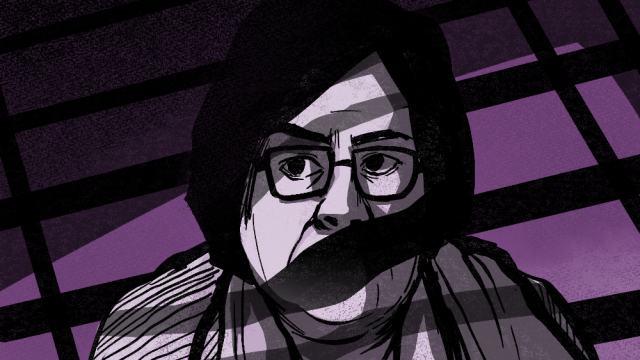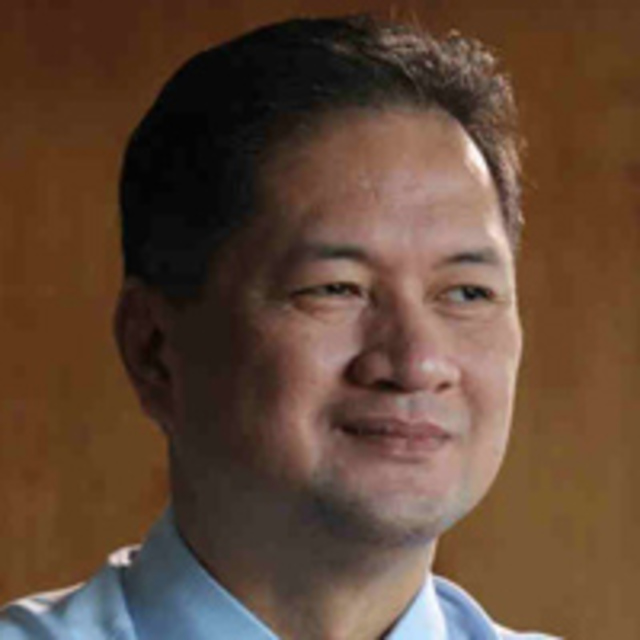

Article III, Section 12 (2) of the 1987 Constitution is clear and unequivocal: “Secret detention places, solitary, incommunicado, or other similar forms of detention are prohibited.” This prohibition was included in the Bill of Rights because of the infamous and universally condemned treatment by the US-Marcos dictatorship, during martial law, of Pepe Diokno, Ninoy Aquino, and Joma Sison.
More recently, The Mandela Rules, which is the United Nations Revised Standard Minimum Rules for the Treatment of Prisoners, provides:
Rule 43: 1. In no circumstances may restrictions or disciplinary sanctions amount to torture or other cruel, inhuman or degrading treatment or punishment. The following practices, in particular, shall be prohibited: (a) Indefinite solitary confinement; (b) Prolonged solitary confinement...
Rule 44: For the purpose of these rules, solitary confinement shall refer to the confinement of prisoners for 22 hours or more a day without meaningful human contact. Prolonged solitary confinement shall refer to solitary confinement for a time period in excess of 15 consecutive days.
Rule 45: The prohibition of the use of solitary confinement and similar measures in cases involving women and children, as referred to in other United Nations standards and norms in crime prevention and criminal justice, continues to apply.
In this context, the Committee for the Freedom of Leila De Lima, of which I am a member, has issued a statement entitled “Stop the Incommunicado Detention of Senator Leila de Lima!”
In that statement, we point out that for more than a month now, no one – except her police jailers – has been able to visit Philippine Senator Leila de Lima. And, in addition, for half a month already until last week, no person, other than the detention center officials has spoken with the good Senator. (READ: De Lima marks 3rd year in 'unjust' detention)
This development started last 25 April 2020 when the Philippine National Police (PNP) Custodial Center in Camp Crame in Quezon City, where Senator de Lima has been illegally detained for 3 years and a quarter now, began enforcing a no-visitor policy supposedly to prevent the spread of COVID-19 among the personnel and detainees in the said facility.
While we understand the need to take precautions for the health of everyone, it has been pointed out that physical distancing is not a problem at the PNP Custodial Center given its current setup, which is markedly different from jails and prisons. However, requests for flexibility of the no-visitor policy have been repeatedly denied by the authorities. This is unfortunate because Senator de Lima is a working senator who can only work or perform her mandate while at the PNP Custodial Center and not in her Senate office. Thus, her assisting staffers need to have regular access with the senator within allowable visiting hours.
Detention officials initially allowed de Lima to talk over the phone with her executive assistant. But in the month of May, even this was severely restricted because of a requirement for a prior written request, subject to the approval by no less than the PNP Chief. This is absurd considering that in other jails “electronic visits” or “e-dalaw” are allowed for relatives and lawyers of detainees.
Given all of these, the Committee for the Freedom of Leila de Lima concludes:
First: Senator de Lima is effectively under incommunicado detention, which is prohibited under the 1987 Philippine Constitution. It likewise contravenes internationally recognized standards, particularly the Nelson Mandela Rules, which proscribe the imposition of severe restrictions that result in the deprivation of the right of a person deprived of liberty (PDL) to meaningful contact to the outside world.
Second: “The current conditions suffered by Senator de Lima likewise amount to a psychological form of torture, which is outlawed by the Convention Against Torture and Other Cruel, Inhuman or Degrading Treatment or Punishment, and is punishable under Republic Act No. 9745, or The Philippines’ Anti-Torture Act of 2009.”
These inhumane, unreasonable, and illegal restrictions on the living and work conditions of Senator de Lima are clearly a product of the ongoing political persecution against her. The current pandemic even provided another opportunity for the Duterte government to further torment her in an attempt to break her will. Senator de Lima’s undiminished resolve in calling out the abuses and excesses of those in power is a matter of public record and general knowledge, evidenced by her vigorous public statements and legislative advocacies, even and especially during this pandemic.”
The Committee acknowledges that assurances have been given by officials that the transition of Metro Manila to general community quarantine (GCQ) starting June 1, 2020 will result in adjustments in the policy and in particular in the incremental restoration of visitation rights of Senator de Lima.
This is a good development. Nevertheless, the Committee reiterates our demand for the complete lifting of the incommunicado restrictions imposed on Senator Leila de Lima, allowing her visits and personal meetings to facilitate her work as a lawmaker, and ensuring her right to reasonable contact with the world, particularly her entitlement to be visited by her family, lawyers, doctors, and spiritual advisers. This is not right.
In addition, we also seek for the accountability of government officers and employees who are responsible for the incommunicado detention and psychological torment of Senator Leila de Lima. This should not happen again.
Finally, we repeat our demand that Senator de Lima be immediately freed from detention. This is what justice demands. – Rappler.com
You may reach Tony La Viña on Facebook and Twitter.